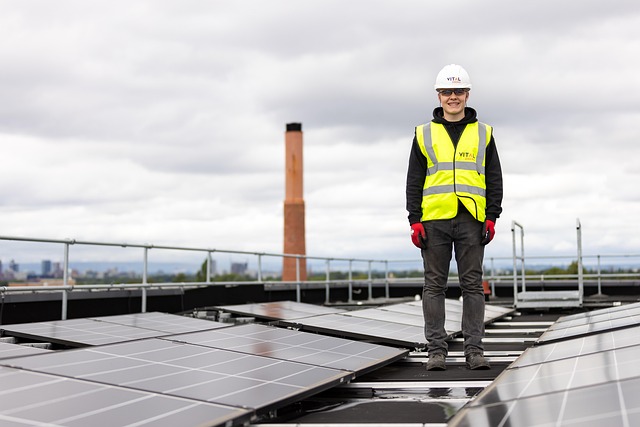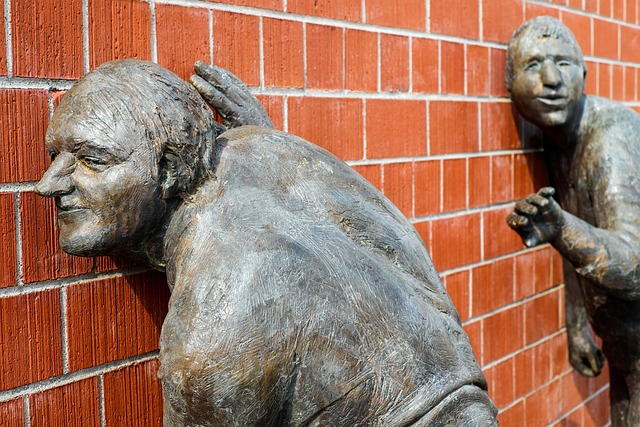Real estate investors and owners can reduce electricity expenses and enhance property values by assessing energy usage through audits, smart meters, and historical bills. Adopting smart home technology, such as smart thermostats, lighting, and appliances, minimizes waste and appeals to eco-conscious buyers. Upgrading to energy-efficient LED lights and appliances with modern smart thermostats significantly decreases power consumption, contributing to environmental sustainability in the real estate sector.
In the competitive real estate market, reducing electricity expenses is not just environmentally responsible but also a smart financial move. This article guides property owners and managers through proven strategies to lower energy costs over time. We explore the power of assessing energy usage, implementing smart home technology solutions, and optimizing lighting and appliances. By adopting these practices, you can enhance property values while minimizing utility bills in the long run.
Assess Energy Usage in Real Estate Properties
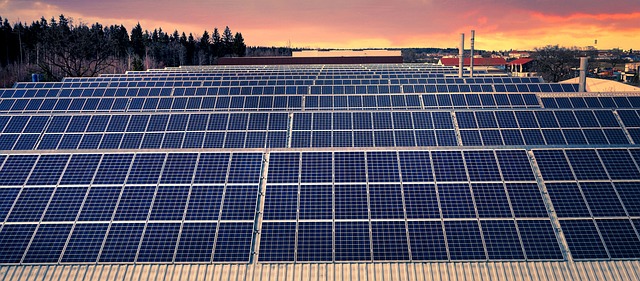
Assessing energy usage is a crucial step for any real estate investor or owner looking to reduce electricity expenses in the long term. It involves meticulously examining the power consumption patterns of properties, identifying areas of high usage, and understanding the driving factors behind them. By gathering comprehensive data on heating, cooling, lighting, appliances, and other energy-consuming systems, property managers can pinpoint inefficiencies that may be costing them dearly.
This process includes conducting energy audits, utilizing smart meters, and analyzing historical utility bills. With this information, they can make informed decisions about upgrading outdated equipment, implementing energy-efficient technologies, or restructuring usage patterns to optimize energy consumption. In the context of real estate, these measures not only lead to significant cost savings but also enhance property values and contribute to a more sustainable environment.
Implement Smart Home Technology Solutions
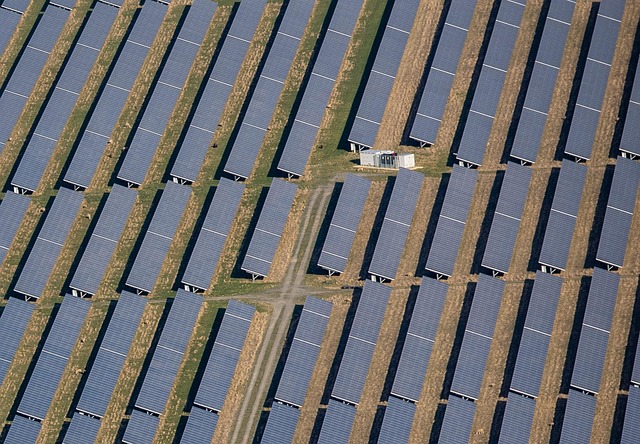
Implementing smart home technology solutions is a powerful strategy for real estate investors and homeowners aiming to reduce electricity expenses in the long term. These innovative systems enable users to monitor and control energy usage, ensuring that every device operates efficiently. Smart thermostats, for instance, learn occupants’ routines and adjust temperature settings accordingly, reducing unnecessary heating or cooling.
Moreover, smart lighting fixtures and appliances can significantly cut down on electricity bills. Motion sensors trigger lights automatically, preventing energy waste, while energy-efficient appliances consume less power without compromising performance. By integrating these solutions, real estate properties become not only more cost-effective but also attractive to eco-conscious tenants or buyers who value sustainability.
Optimize Lighting and Appliances for Cost Savings
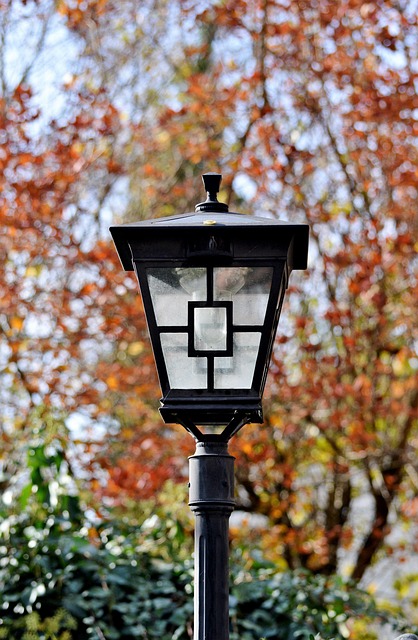
In the realm of real estate, reducing electricity expenses isn’t just about immediate cost savings—it’s a long-term investment that can significantly enhance property value. Optimizing lighting and appliances is a strategic move towards achieving this goal. LED lights, for instance, are energy-efficient and have a longer lifespan compared to traditional incandescent bulbs. Upgrading to them not only cuts down on electricity bills but also contributes to a greener environment.
Similarly, modern appliances come with energy-saving features that can dramatically reduce power consumption. Smart thermostats, for example, allow precise temperature control, ensuring energy isn’t wasted when spaces are unoccupied. By integrating these innovations, homeowners can create more sustainable living environments while enjoying lower electricity expenses over time.
